Interest & Literature Sessions
The following presentations have been selected as interest sessions for NCCO11, November 6 - 8, 2025, at Cal State Fullerton.
-
Echoes of the Grasslands: Introducing Inner Mongolian Folk Songs for SATB Choirs
Dr. Mengda Jiang, Tucson Sino Choir & The Good Shepherd UCC -
Encouraging Engagement in a Distracted World: Teaching with the Brain in Mind
Dr. Sharon Paul, University of Oregon -
Exploring the Intersections Between Gospel Music and European Choral Traditions
Dr. Bryon Black II, DePauw University -
Hispanic-Serving Institutions: Serving Latino Choral Students Through Choral Music
Dr. Corie Brown, San José State University, Dr. Rachel Carlson, Kean University, and Dr. Timothy Westerhaus, Northern Arizona University -
Non-Traditional Structures to Increase Active Learning in the Collegiate Choral Classroom
Dr. Kimberly Dunn Adams, West Chester University and Margaret Winchell, Southern Methodist University -
Reconceptualizing the Collegiate Choral Program in a Post-Pandemic World
Dr. Wendy Moy, Syracuse University -
Spirituals, Anthems, and Gospel Music: Is There A Difference?
Dr. Rosephanye Powell and Dr. William Powell, Auburn University -
Unearthing a Lost Score: Samuel Coleridge-Taylor's The Atonement
Dr. Bryan Anthony Ijames, Florida Gulf Coast University
Echoes of the Grasslands: Introducing Inner Mongolian Folk Songs for SATB Choirs
This 30-minute session introduces conductors and music educators to the distinctive world of Inner Mongolian folk songs, focusing on SATB arrangements. Participants will explore repertoire that features expansive melodies, wide intervals, pentatonic and modal inflections, and evocative imagery tied to nomadic life. The session offers practical strategies for teaching this repertoire, including approaches to Mongolian pronunciation, stylistic nuances, and authentic performance practice. Attendees will receive a curated selection of accessible SATB arrangements, along with resources for locating scores, recordings, and composer contacts (such as Se Enkhbayar). Designed for conductors eager to diversify their programming with culturally rich and musically fresh material, this session equips participants to confidently introduce Inner Mongolian folk traditions into their ensemble’s concert repertoire.
SPEAKER: Dr. Mengda Jiang

Mengda Jiang is a passionate conductor and educator with experience leading children’s to adult choirs in China, Europe, and the U.S. After completing her DMA at the University of Arizona, she now directs The Good Shepherd UCC Choir and the Tucson Sino Choir. Mengda is dedicated to inclusive teaching, intercultural collaboration, and inspiring diverse singers through meaningful choral experiences.
Encouraging Engagement in a Distracted World: Teaching with the Brain in Mind
In order to survive, the human brain developed into an easily distractable mechanism, able to react quickly to any threat or benefit on the horizon. In today’s fast-paced world, our short attention spans, compounded by the lure of digital distractions, create myriad opportunities for students to lose focus during rehearsals and classes. Despite this penchant for distractibility, researchers have uncovered strategies to take advantage of the brain’s remarkable ability to learn, retain, and recall information.
In this session we will explore how to incorporate a few of these strategies into our rehearsal technique and course design, with the goal of encouraging and motivating consistent student engagement. Topics will include techniques to embed problem solving and novelty into our work.
SPEAKER: Dr. Sharon Paul, University of Oregon
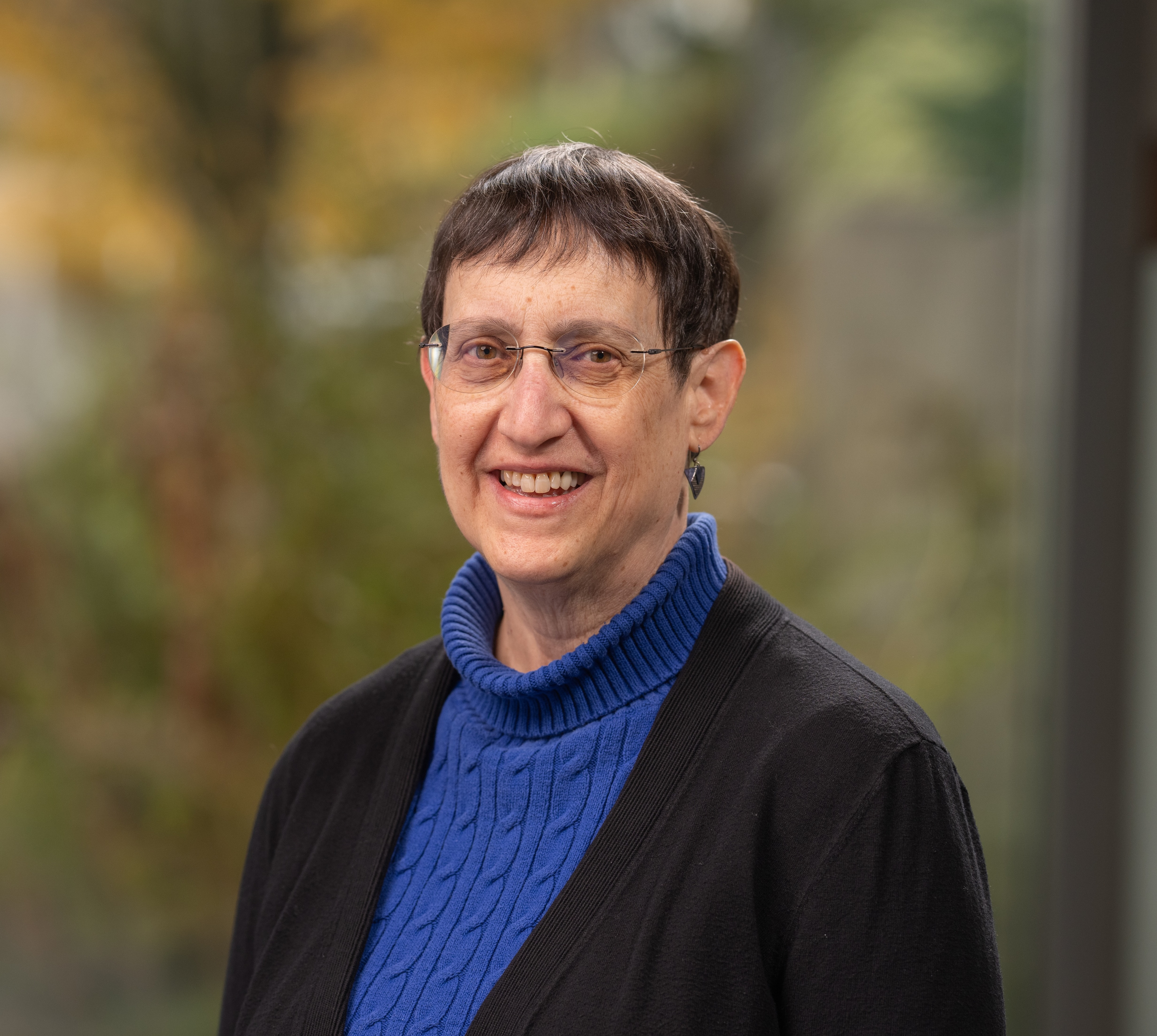
Sharon J. Paul holds the Robert Trotter Chair of Music at the University of Oregon, where she serves as the Department Head of Music Performance & Director of Choral Activities. Her teaching includes graduate courses in choral conducting, repertoire, & pedagogy, along with conducting the internationally award-winning Chamber Choir. Oxford University Press published Dr. Paul’s book, Art & Science in the Choral Rehearsal, which features many of her creative and evidence-based teaching strategies.
Exploring the Intersections Between Gospel Music and European Choral Traditions
This session will explore the dynamic intersections between gospel music and European choral traditions through the lens of three contemporary gospel composers: Isaac Cates, Diane L. White-Clayton, and Raymond Wise. Drawing from Dr. Black’s original research and interviews, this session illuminates how these composers integrate harmonic language, form, and pedagogy rooted in European classical training while remaining deeply grounded in the gospel tradition. Choral directors will be offered pedagogical insights and repertoire recommendations that are both stylistically authentic to gospel, and accessible to ensembles trained in traditional Western art music. Participants in this session will engage with annotated score excerpts, conductor’s analysis charts, and performance recordings to examine how gospel’s oral tradition, rhythmic drive, and expressive spirituality can harmonize with the structural clarity, counterpoint, and vocal balance of European choral works.
This session encourages reflection on our roles as conductors, educators, and ensemble communities by exploring music that crosses cultural boundaries and shares our stories through sound. By engaging both traditions, we discover deeper connections across race, history, and musical lineage, paving the way for teaching which is truly culturally responsive and engaging.
SPEAKER: Dr. Bryon Black II, DePauw University
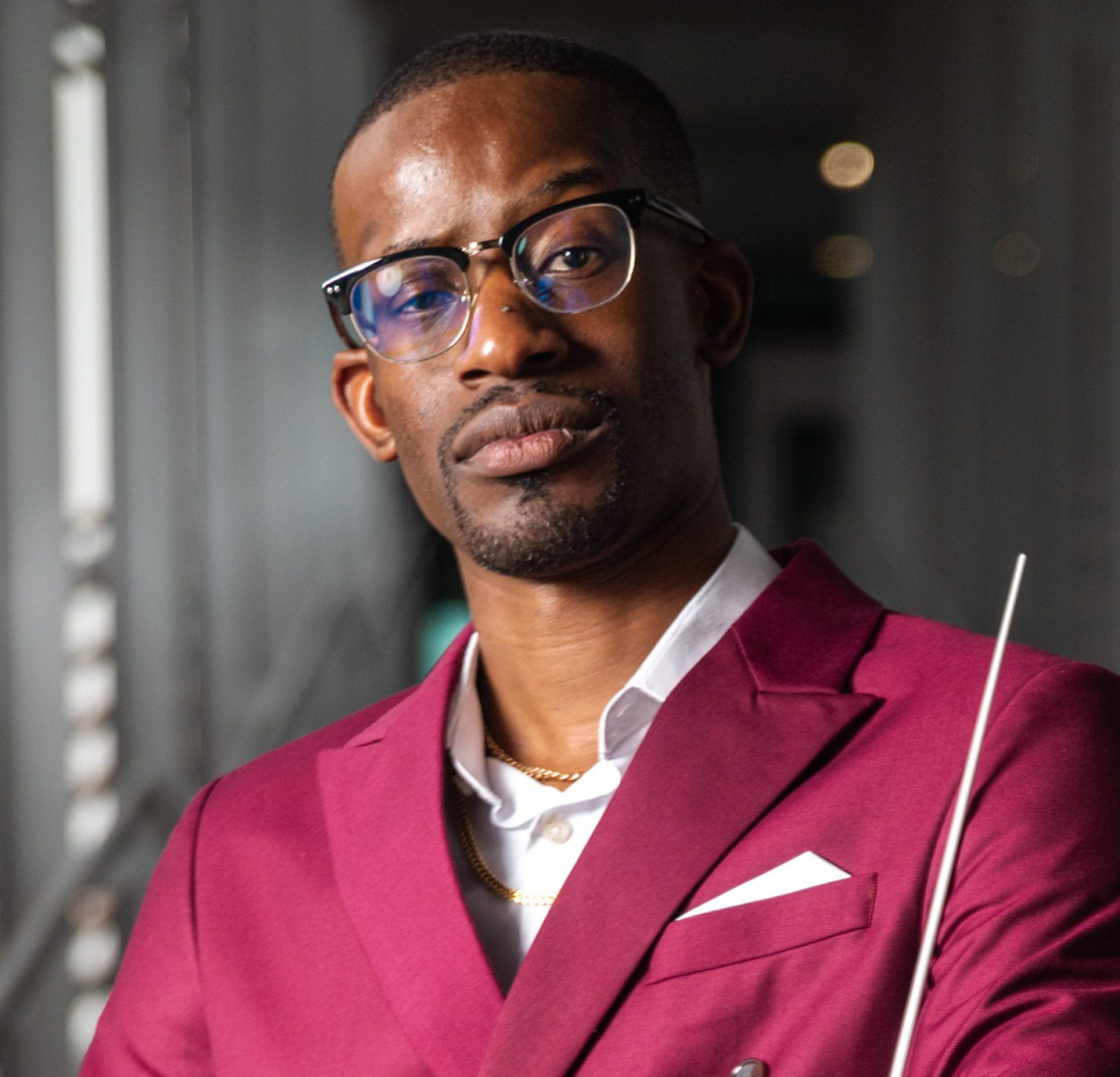
Dr. Bryon Black II is an active choral conductor and composer. He currently serves as an Assistant Professor of Music at DePauw University. His research of the intersections between gospel music and European choral traditions provides choral conductors with accessible repertoire and pedagogy for approaching gospel music. Dr. Black’s compositions have been performed by several collegiate, church and community ensembles. More of his choral work and research is available on bryonblackii.com.
Hispanic-Serving Institutions: Serving Latino Choral Students Through Choral Music
How can we best serve our students at Hispanic-Serving Institutions through choral programs? Approximately 20% of secondary and community collegiate institutions in the United States are Hispanic-Serving Institutions (HSIs), where at least 25% of the undergraduate student population identifies as Hispanic or Latino.
In 2023, 602 institutions were designated as HSIs. The presenters of this session teach at three different HSIs in varied parts of the country and will discuss approaches & initiatives in choral music with Latino students that have been especially meaningful at their respective HSI universities. The presenters will be joined by Latinx students from their institutions, who will share reflections and perspectives applicable to collegiate choral programs with Latino students across the United States. Topics will include guiding principles, repertoire and programming, interdisciplinary collaborations, and community partnerships.
SPEAKER: Dr. Corie Brown, San José State University
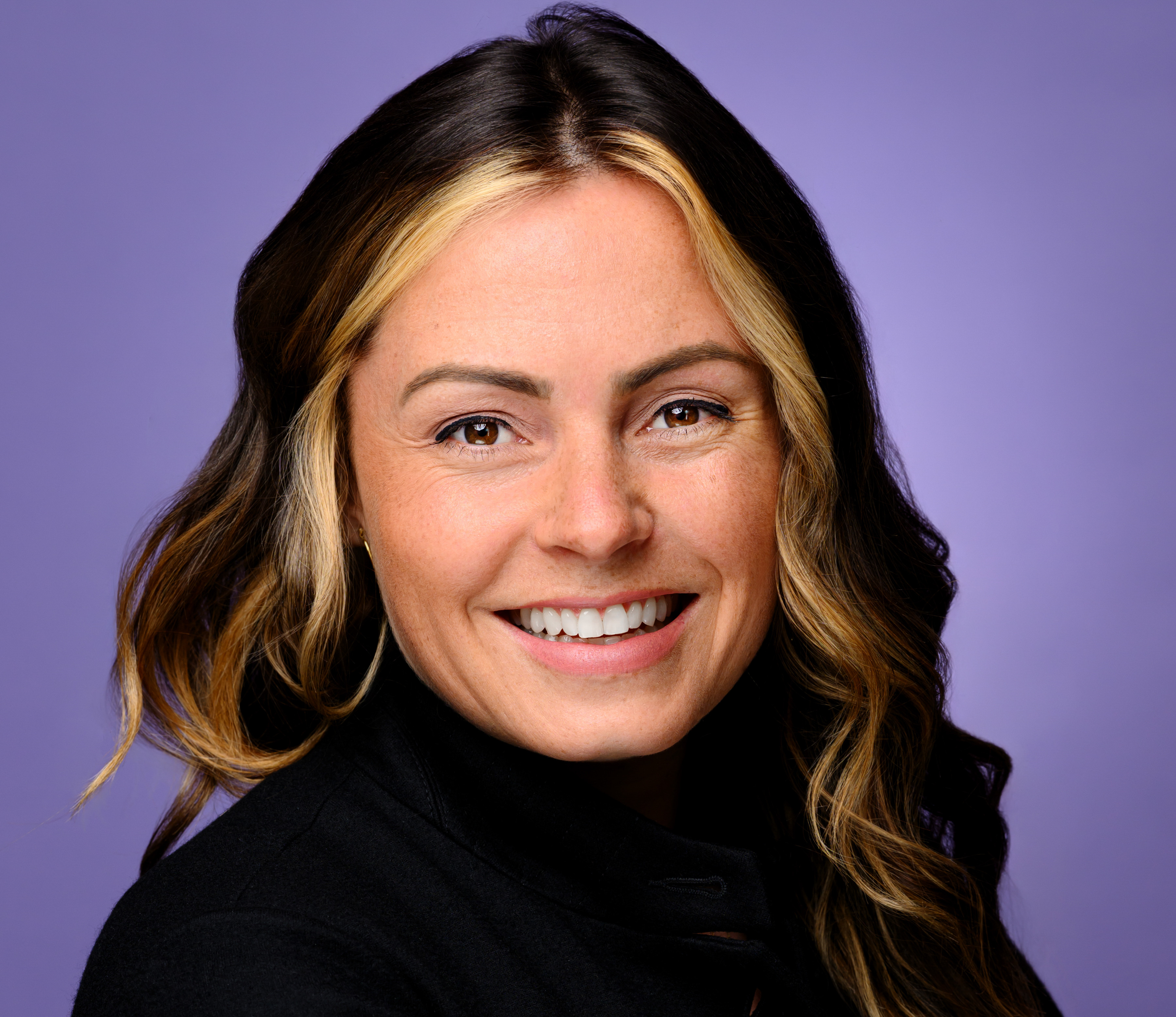
Corie Brown (she/her) serves as Associate Professor of Choral Studies and Music Education at San José State University. Brown has taught in public school and community settings including Colombia’s Fundación Nacional Batuta. She is active nationally and internationally as a clinician, singer, arranger, and guest conductor, and most recently published with GIA and Hal Leonard. Brown co-edits the Molina Brown Choral Series with La Voz Publishing.
SPEAKER: Dr. Rachel Carlson, Kean University
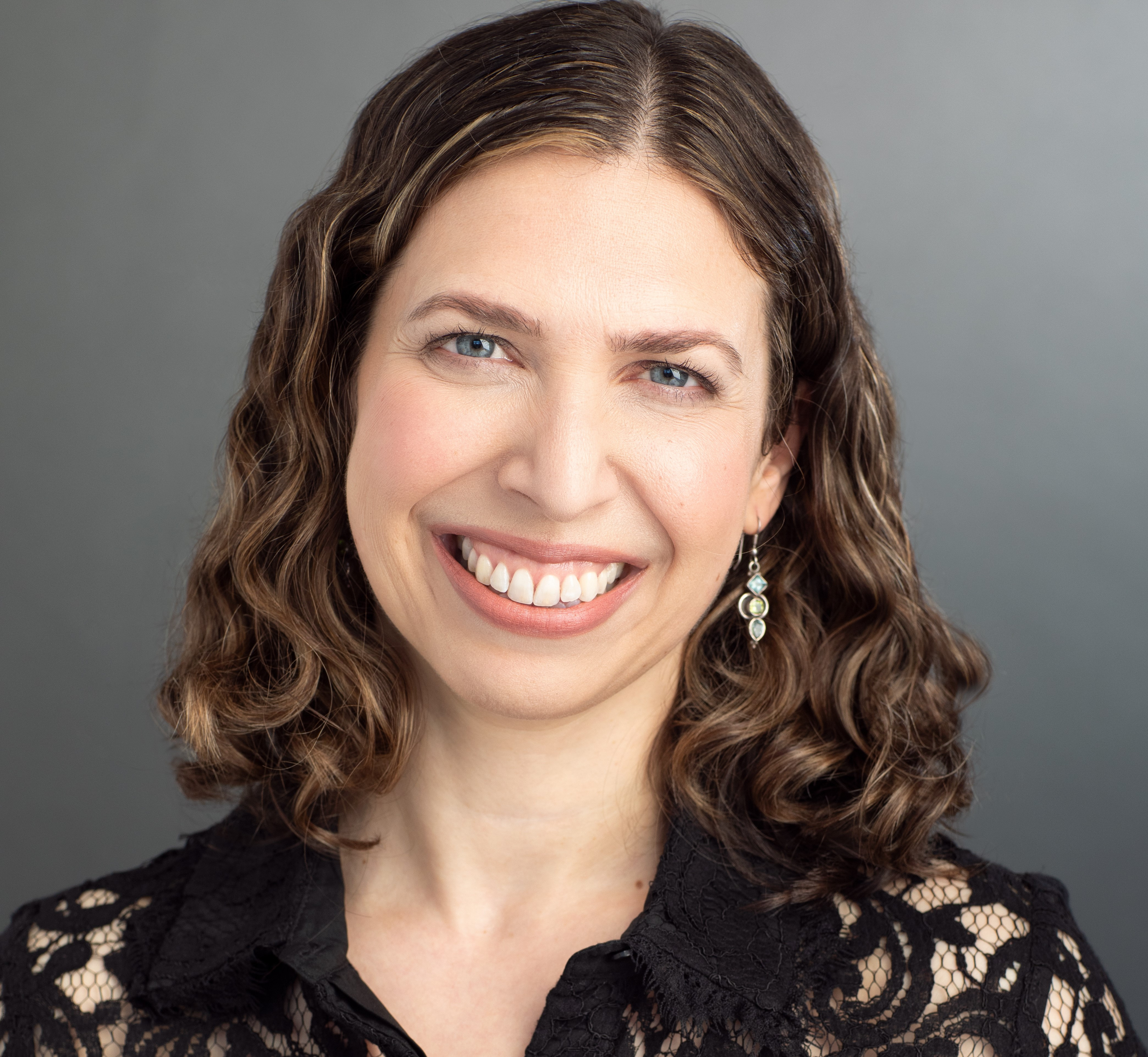
Rachel Carlson is the Director of Choral Activities at Kean University in Union, NJ. She founded Six Degree Singers, a community choir based in Silver Spring, MD, in 2009 and currently serves as SSA/Treble R&R Chair of the NJ chapter of ACDA. Dr. Carlson is in demand as a clinician, adjudicator, presenter, and guest conductor and has toured the country and the world as a freelance professional choral singer and soprano soloist with many top professional ensembles.
SPEAKER: Dr. Timothy Westerhaus, Northern Arizona University
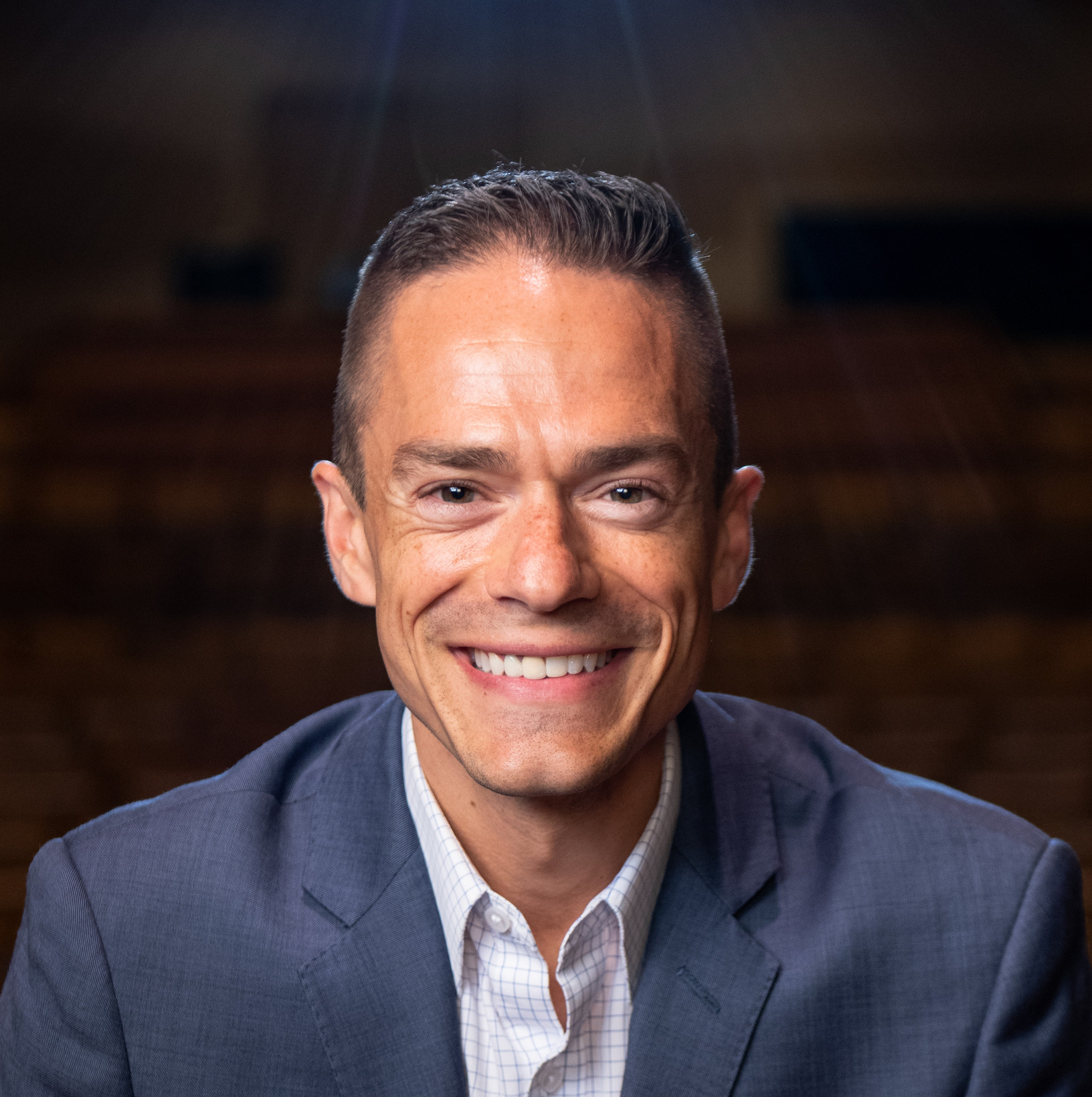
Timothy Westerhaus serves as Director of Choral Studies at Northern Arizona University, where he directs the graduate choral conducting program and serves on NAU’s HSI Initiatives Working Group. Since 2022, he has served as Artistic Director of Choral Arts Northwest in Seattle, and he recently served as President of Northwestern ACDA. Recent international collaborations include partners in Mexico, Colombia, and Argentina.
Non-Traditional Structures to Increase Active Learning in the Collegiate Choral Classroom
Amid the stress of advanced study and the noise of technology, college students increasingly need support to synthesize course content so that they can retain it throughout and beyond the length of the course. Instructors can facilitate this synthesis by using creative class activities that provide accountability, review, and application of understanding. Research shows that framing educational activities with elements of play not only increases student engagement but also can minimize students’ academic and performance anxiety. To capitalize on the benefits of active learning, we have curated a series of activities and assignment structures intended to deepen students’ comprehension of course material and encourage retention – while simultaneously promoting a culture of curiosity within the classroom.
In this presentation, we will share a series of imaginative, engaging activities and assignments for graduate and undergraduate courses in choral literature, conducting seminars, and choral rehearsals. Additionally, we will include field notes from the presenters’ rehearsals and classrooms as well as suggestions for developing your own activities or adapting the provided examples. These activities feature unconventional modalities, including games, riddles, sales pitches, and debates; additionally, some include opportunities for students to generate content themselves and work collaboratively. Our approach is firmly rooted in traditional pedagogical methods but transforms them into modalities that are familiar and enticing to our students.
Each course in the choral curriculum presents a different suite of opportunities for innovation and a distinct set of intended student achievement outcomes. Activities generated for the choral rehearsal setting aim to increase motivation and focus within the ensemble, specifically targeting memorization and retention strategies, individual accountability, and informal assessment of concept comprehension. Games created for conducting students promote both verbal and gestural application of diverse rehearsal techniques and efficient communication. Choral literature activities include review games, study guides, creative presentation structures, and other synthesis-oriented class activities.
Each activity has been tested and refined with students from our classes across the collegiate choral curriculum. The designs are influenced by current research in the areas of learning psychology and game-based learning (GBL). Rather than treating these activities as diversions from learning, we view them as essential vehicles for developing understanding which are intended to be seamlessly embedded into the coursework. In our own teaching, we have found that these reimagined assignments have increased accountability, agency, and engagement while challenging students to apply their learning with greater depth. Creating custom activities enables differentiation for students’ varying levels of ability and allows instructors to tailor pedagogical strategies to students’ own ways of knowing. Packaging the activities as games or unorthodox deliverables — whether individual, cooperative, or competitive — both mitigates classroom anxiety and enables students to meet rigorous standards of comprehension.
SPEAKER: Dr. Kimberly Dunn Adams, West Chester University
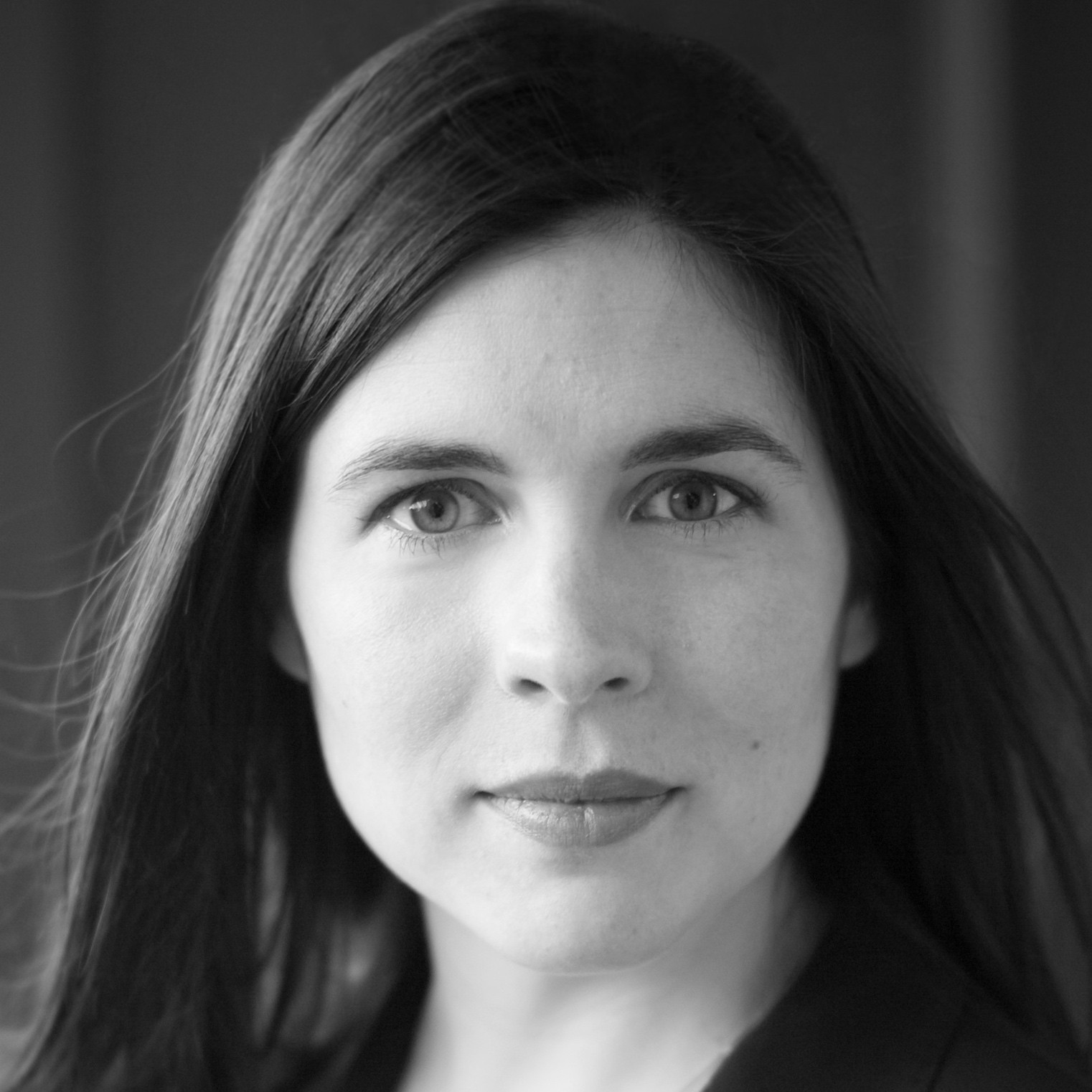
Kimberly Dunn Adams is the Director of Choral Activities (DCA) at West Chester University and teaches both graduate and undergraduate courses. Her choirs have received top prizes in competition, conference performance invitations, and recognition for their recordings. She has presented and guest conducted throughout the U.S. and internationally. Adams was previously the DCA at Western Michigan University and at Mount Holyoke College. She holds degrees from Oberlin, Yale, and UW-Madison.
SPEAKER: Margaret Winchell, Southern Methodist University
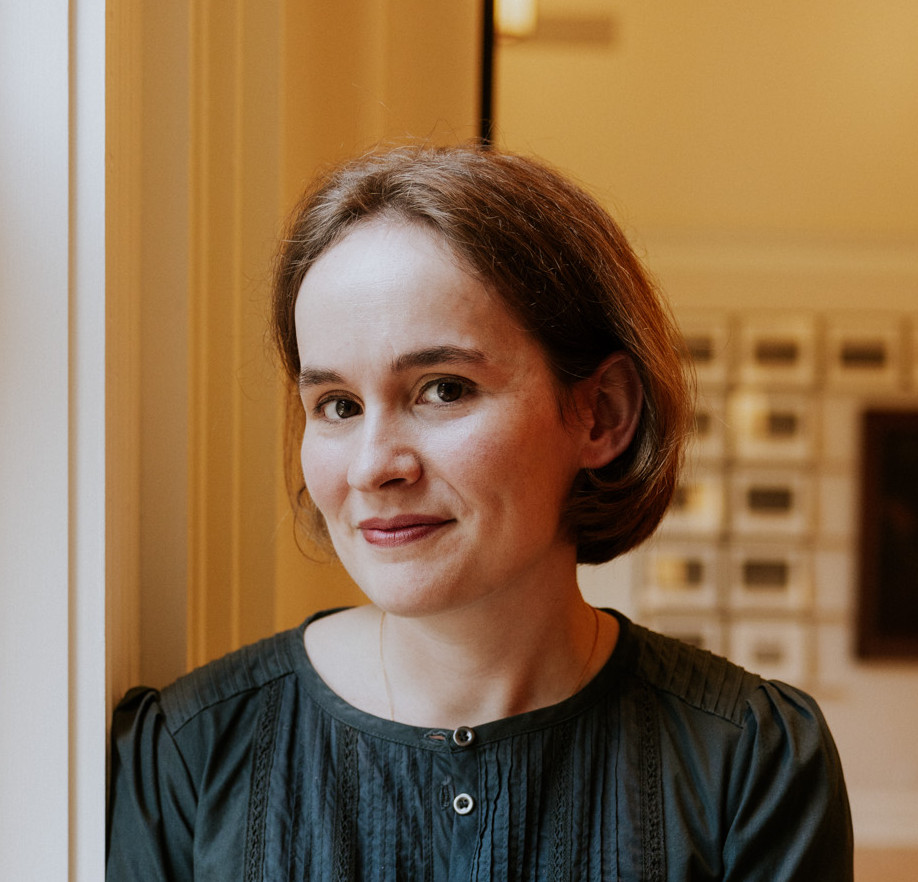
Margaret Winchell is the Director of Choral Activities at Southern Methodist University, where she also teaches courses in choral conducting and literature. She has completed coursework for a DMA in Choral Conducting at Yale University and holds degrees from Western Michigan University and Wheaton College (IL). She has presented at conferences across the country on topics related to rehearsal pedagogy, program culture and values, and exploring textual meaning with singers.
Reconceptualizing the Collegiate Choral Program in a Post-Pandemic World
Five years ago, the COVID-19 pandemic's impact on choral music was immediate and devastating, as the act of gathering and singing together became a source of contagion and potential severe illness or death. Thousands of choral singers logged into Zoom for rehearsals but lost interest as the pandemic persisted.
This interest session focuses on how American and Canadian collegiate choral conductors reconceptualized their choral programs during the COVID- 19 pandemic as a space for music-making and community-building. Based on interviews with collegiate choral conductors, this session explores the innovative responses and technological adaptations that kept the collegiate choral community moving forward. The session will also highlight a positive outcome of the pandemic: a conscious shift towards more inclusive and student-oriented rehearsal practices. Lastly, it will provide a space for participants to reflect on how lessons learned during the pandemic can inform and transform future choral practices toward a community of belonging.
SPEAKER: Dr. Wendy Moy, Syracuse University
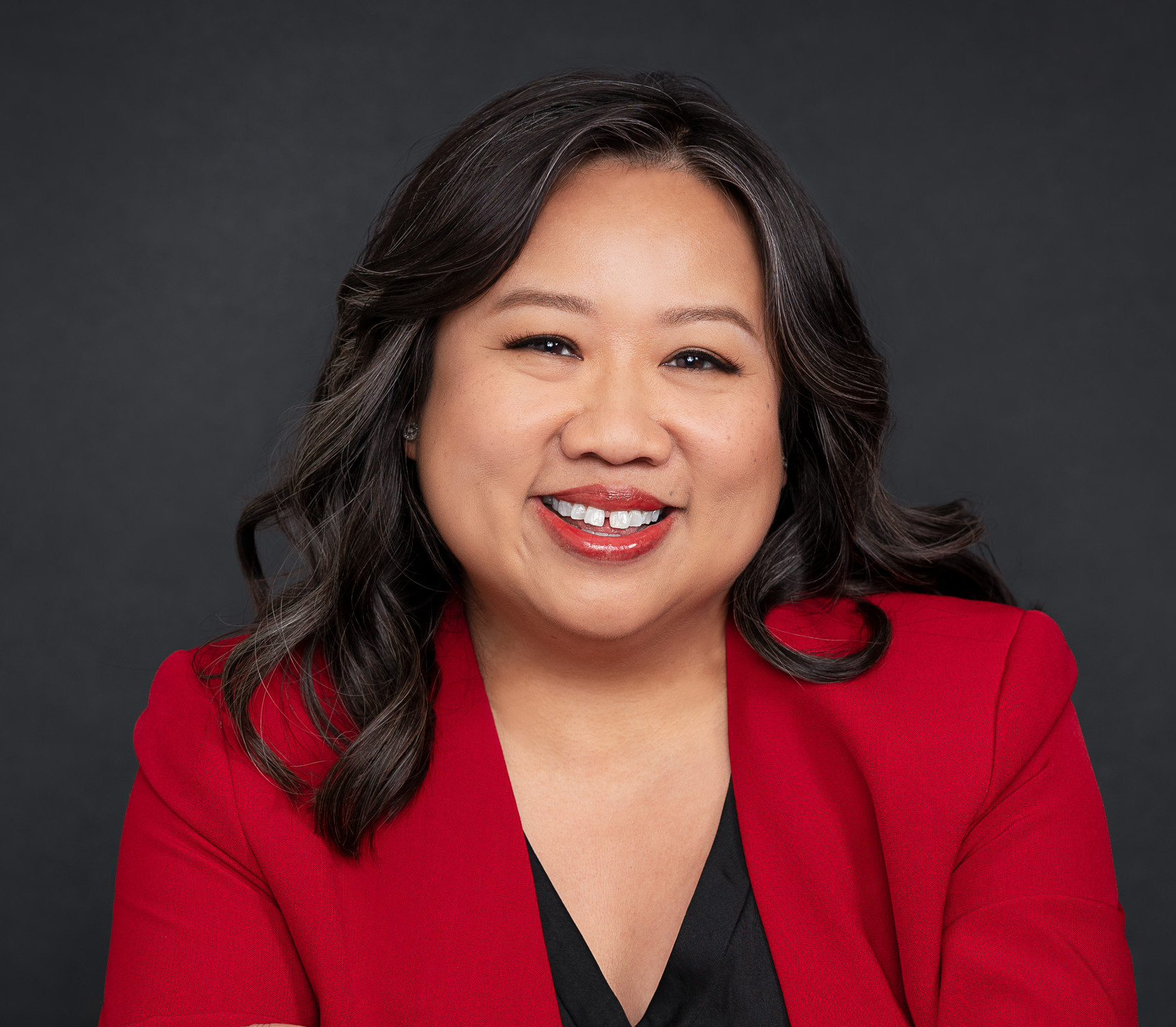
Wendy K. Moy is an Associate Professor of Music Education at Syracuse University. She recently headlined the Festival Paraibano de Coros in Brazil and conducted the Massachusetts All-State Choirs. Co-director of Chorosynthesis Singers, Moy, released the album "Empowering Silenced Voices" and established the ESV Database. Routledge recently published her book Resurrecting Song: A Pathway Forward For the Choral Art in the Time of Pandemics. www.wendymoy.com
Spirituals, Anthems, and Gospel Music: Is There A Difference?
Concert spirituals, anthems, and gospel music are three distinct styles of sacred choral songs by African American composers or arrangers trained in and influenced by western European classical music styles. These songs, intended for performance on the concert stage, in addition to religious venues, have transcended race and cultures, and are being performed by choral singers of diverse backgrounds and nationalities on every continent.
These three genres are unique in compositional style and performance practices. However, they can share musical characteristics, which have led many to conjoin them, use the terms “spirituals” and “gospel” interchangeably and mislabel ethnic anthems as either gospel music or spirituals. Furthermore, the miscategorization of ethnic anthems as spirituals or gospel songs has resulted in the disregard of the wide-ranging contributions of African American composers to the canon of anthems in the classical music tradition. As well, the mislabeling of gospel songs as spirituals and vice versa has led to inappropriate performance practices that misrepresent and dishonor both styles.
The learning outcomes of this session are to provide general characteristics of spirituals, gospel, and ethnic anthems, and to assist in categorizing, describing, and performing these songs more appropriately and respectfully. It should be noted that the characteristics distinguished in this presentation are not exhaustive or all-inclusive. Hence, concert spiritual arrangements and gospel music are dynamic and ever changing from generation to generation.
SPEAKER: Dr. Rosephanye Powell, Auburn University
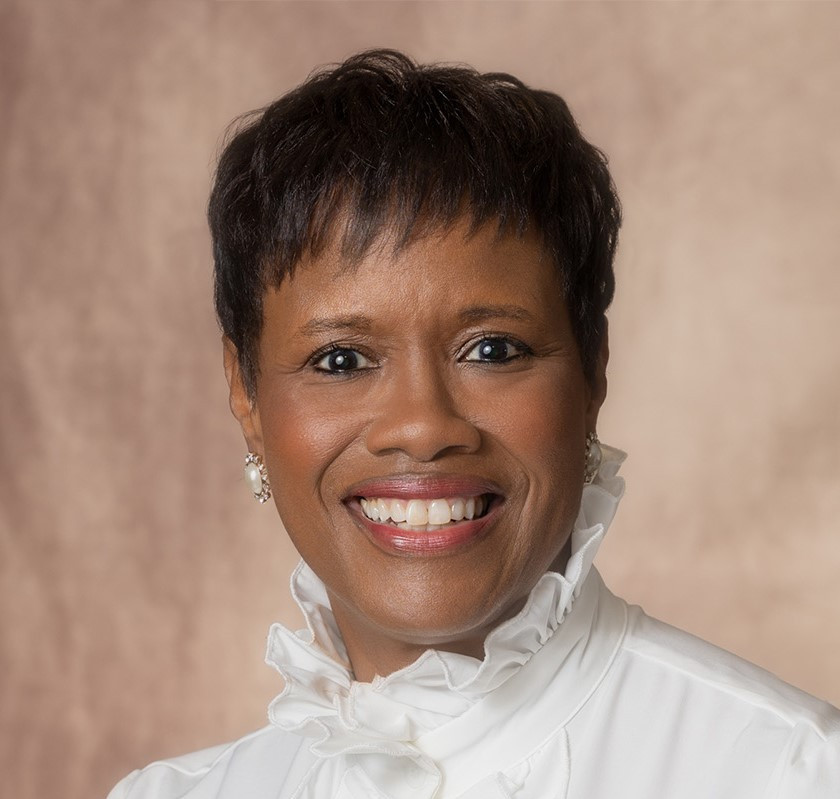
Dr. Rosephanye Powell, one of America’s premier choral composers, is published by Hal Leonard, Fred Bock, Oxford, and Shawnee Press. Her works, often reflecting the rich African American musical heritage, have premiered at Carnegie Hall and Lincoln Center and performed by ensembles like Cantus and Chanticleer. Powell’s honors include the ACDA Raymond Brock Commission and Harvard’s Luise Vosgerchian Award. She is coordinator of voice studies at Auburn University and is a sought-after clinician.
SPEAKER: Dr. William Powell, Auburn University
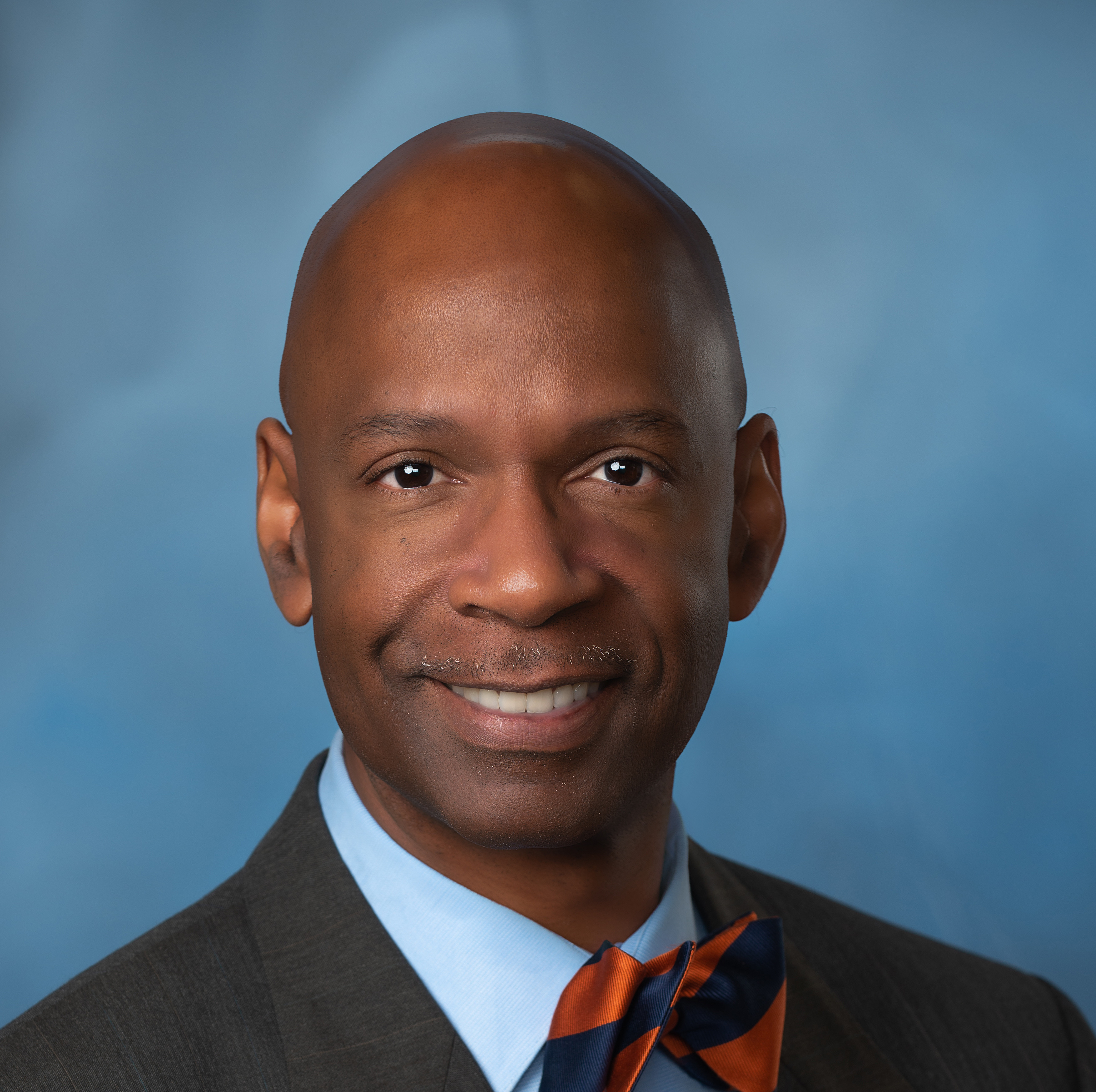
William Powell is Director of Choral Activities at Auburn University, conducting several choirs and teaching choral courses. He guest conducts nationally and internationally, including Lincoln Center performances with DCINY. He adjudicates state, regional, and national choral festivals, including Festival Disney. His arrangements are published by Hal Leonard, Oxford, and Fred Bock. Powell serves on the NCCO board and is active in ACDA and NAfME.
Unearthing a Lost Score: Samuel Coleridge-Taylor's The Atonement
Unearthing a Lost Score: Samuel Coleridge-Taylor’s The Atonement is a multi-phase research and restoration project that reintroduces a forgotten choral-orchestral masterwork by a BIPOC composer. Composed in 1903, The Atonement stands among the earliest known religious oratorios by a composer of African descent. Despite its historical and musical importance, the work remained unperformable in its orchestral form for over a century due to the lack of published scores and parts.
Grounded in archival research and a commitment to culturally responsive scholarship, the initiative has resulted in both full-orchestra and chamber-orchestra editions, designed to increase accessibility for institutions with limited financial or instrumental resources. In alignment with NCCO’s mission and vision, the project addresses historical inequities in repertoire preservation, broadens definitions of choral excellence, and equips educators with inclusive programming tools.
Attendees will engage with The Atonement through a "Sing, Listen, and Learn" format that explores its historical context and musical depth. The session invites collegiate conductors, educators, and students to consider how research-informed programming can elevate underrepresented voices and cultivate transformation across academic and community choral landscapes.
SPEAKER: Dr. Bryan Anthony Ijames, Florida Gulf Coast University
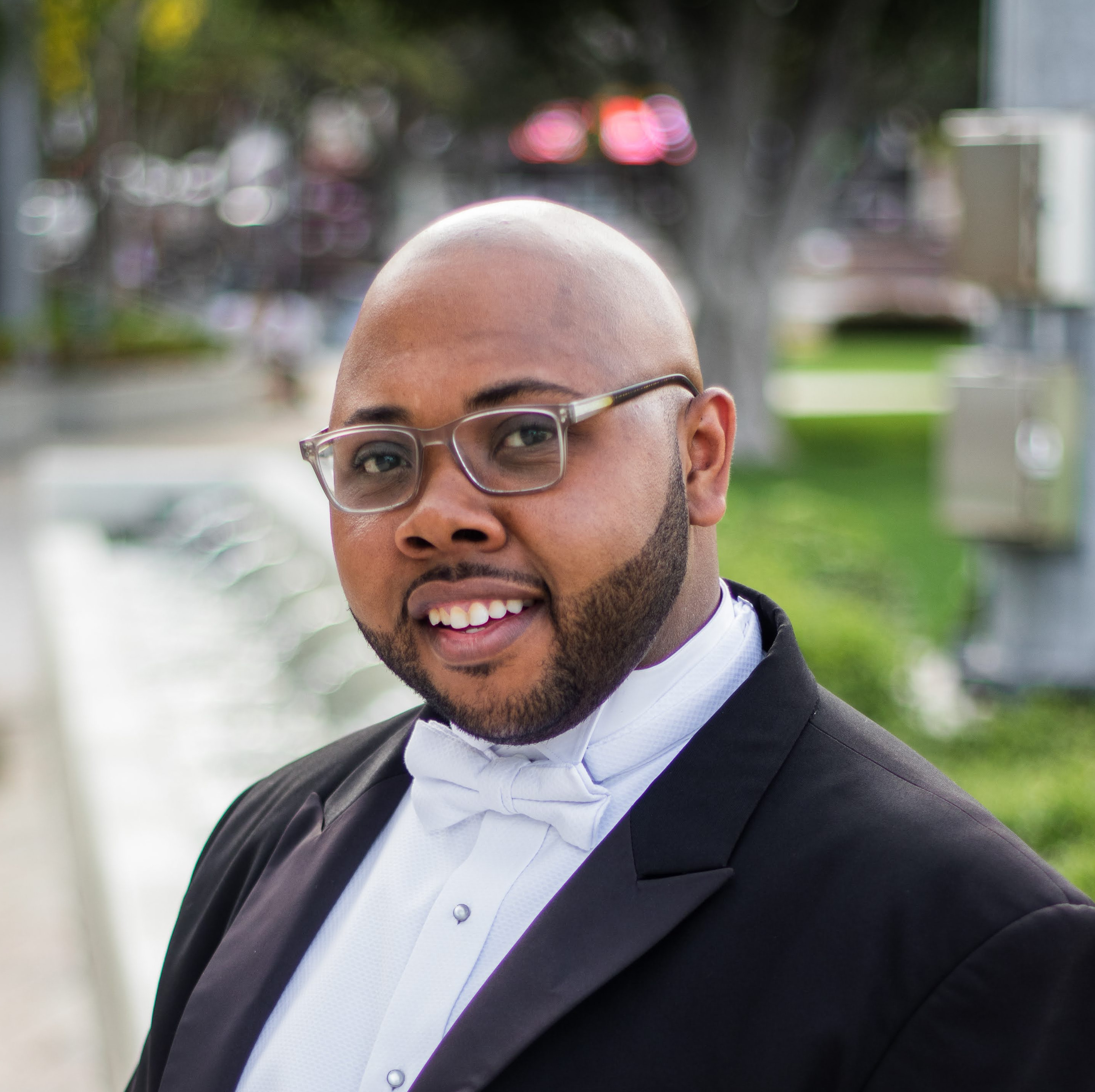
Dr. Bryan Anthony Ijames is a conductor, tenor, and educator known for his work in the U.S. and South Africa. He earned a DMA in Choral Conducting from the University of Michigan and now serves at Florida Gulf Coast University. He has led academic, community, and faith-based choirs in Florida, Kentucky, and North Carolina, and performs as a tenor soloist. He is a member of ACDA, NAfME, NANM, Phi Mu Alpha, and NCCO.